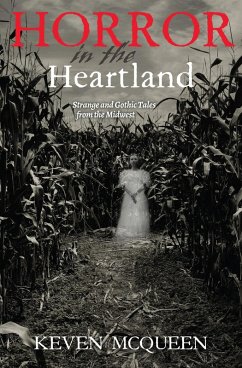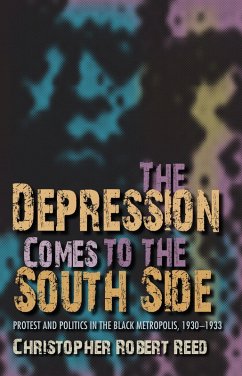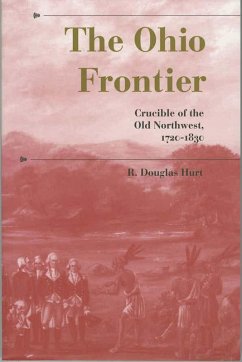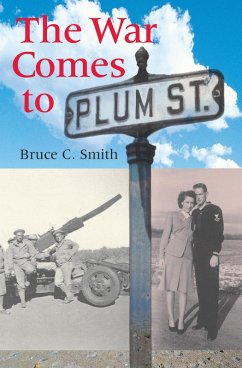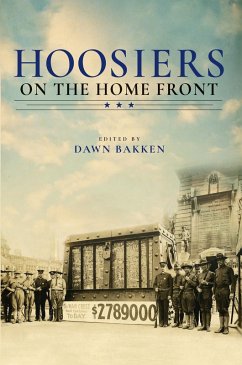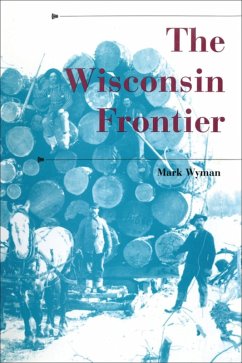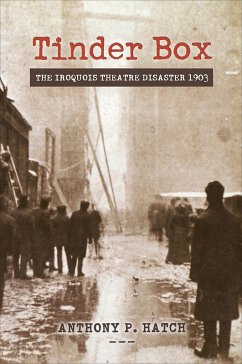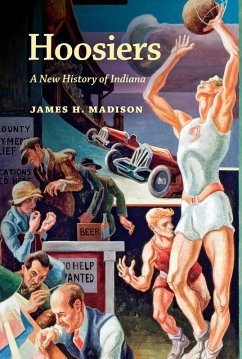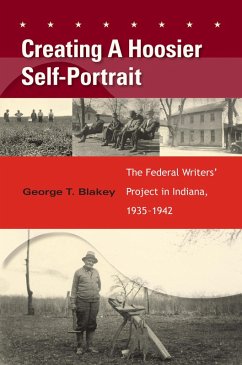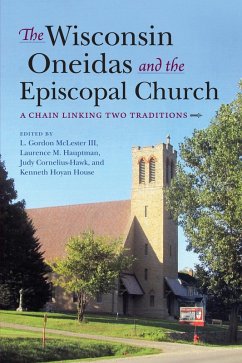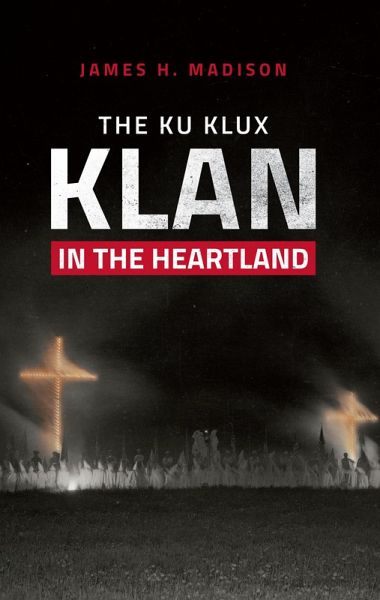
The Ku Klux Klan in the Heartland (eBook, ePUB)

PAYBACK Punkte
7 °P sammeln!
A detailed history of the Ku Klux Klan and an examination of its operations in the Midwest and its legacy in America today. "A sweeping portrayal of the ugly role of the Ku Klux Klan in the Heartland and its blot on American history. . . . This book burns."¿Dan Wakefield, author of New York in the Fifties and Going All the Way"Who is an American?" asked the Ku Klux Klan. It is a question that echoes as loudly today as it did in the early twentieth century. But who really joined the Klan? Were they "hillbillies, the Great Unteachables" as one journalist put it? It would be comforting to think...
A detailed history of the Ku Klux Klan and an examination of its operations in the Midwest and its legacy in America today.
"A sweeping portrayal of the ugly role of the Ku Klux Klan in the Heartland and its blot on American history. . . . This book burns."¿Dan Wakefield, author of New York in the Fifties and Going All the Way
"Who is an American?" asked the Ku Klux Klan. It is a question that echoes as loudly today as it did in the early twentieth century. But who really joined the Klan? Were they "hillbillies, the Great Unteachables" as one journalist put it? It would be comforting to think so, but how then did they become one of the most powerful political forces in our nation's history?
In The Ku Klux Klan in the Heartland, renowned historian James H. Madison details the creation and reign of the infamous organization. Through the prism of their operations in Indiana and the Midwest, Madison explores the Klan's roots in respectable white protestant society. Convinced that America was heading in the wrong direction because of undesirable "un-American" elements, Klan members did not see themselves as bigoted racist extremists but as good Christian patriots joining proudly together in a righteous moral crusade.
The Ku Klux Klan in the Heartland offers a detailed history of this powerful organization and examines how, through its use of intimidation, religious belief, and the ballot box, the ideals of Klan in the 1920s have on-going implications for America today.
"By now, 100 years later, the story of the spell cast by the evil D.C. Stephenson over the good people of Indiana is familiar to anyone who knows the state's story. But that's not the whole story, says historian James H. Madison in his revelatory new book, The Ku Klux Klan in the Heartland . The whole story is even more uncomfortable." - Nuvo
"Hard to take in, but easy to read . . . The Ku Klux Klan in the Heartland, is a do-read. Madison's account of the Ku Klux Klan combines primary source material and original research with his clean, vivid and well researched writing. While lots of nonfiction by academics is, well, academic, Madison is monstrously absorbable."¿ The Herald Times
"A sweeping portrayal of the ugly role of the Ku Klux Klan in the Heartland and its blot on American history. . . . This book burns."¿Dan Wakefield, author of New York in the Fifties and Going All the Way
"Who is an American?" asked the Ku Klux Klan. It is a question that echoes as loudly today as it did in the early twentieth century. But who really joined the Klan? Were they "hillbillies, the Great Unteachables" as one journalist put it? It would be comforting to think so, but how then did they become one of the most powerful political forces in our nation's history?
In The Ku Klux Klan in the Heartland, renowned historian James H. Madison details the creation and reign of the infamous organization. Through the prism of their operations in Indiana and the Midwest, Madison explores the Klan's roots in respectable white protestant society. Convinced that America was heading in the wrong direction because of undesirable "un-American" elements, Klan members did not see themselves as bigoted racist extremists but as good Christian patriots joining proudly together in a righteous moral crusade.
The Ku Klux Klan in the Heartland offers a detailed history of this powerful organization and examines how, through its use of intimidation, religious belief, and the ballot box, the ideals of Klan in the 1920s have on-going implications for America today.
"By now, 100 years later, the story of the spell cast by the evil D.C. Stephenson over the good people of Indiana is familiar to anyone who knows the state's story. But that's not the whole story, says historian James H. Madison in his revelatory new book, The Ku Klux Klan in the Heartland . The whole story is even more uncomfortable." - Nuvo
"Hard to take in, but easy to read . . . The Ku Klux Klan in the Heartland, is a do-read. Madison's account of the Ku Klux Klan combines primary source material and original research with his clean, vivid and well researched writing. While lots of nonfiction by academics is, well, academic, Madison is monstrously absorbable."¿ The Herald Times




